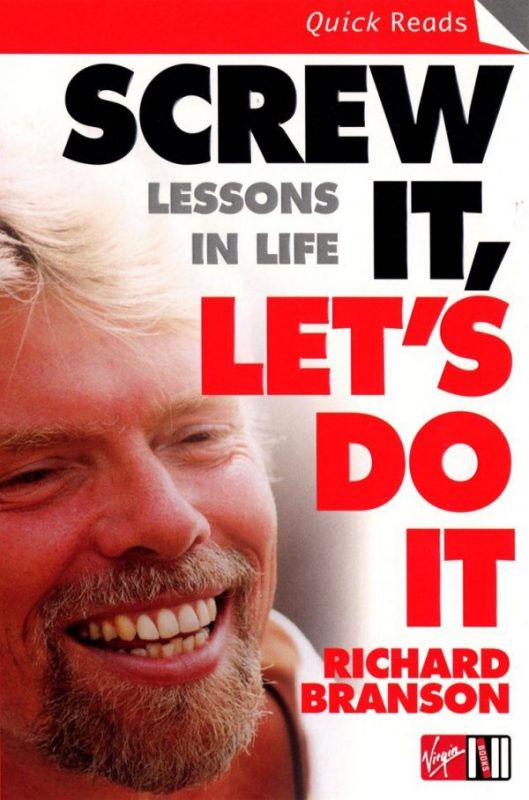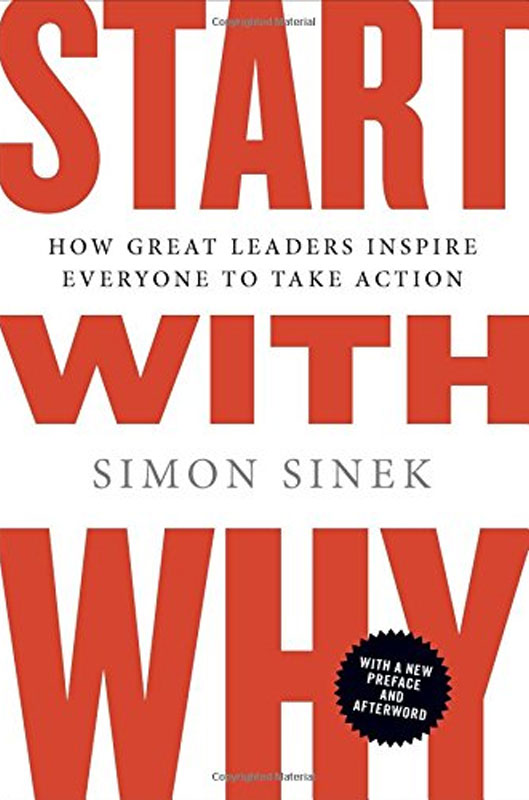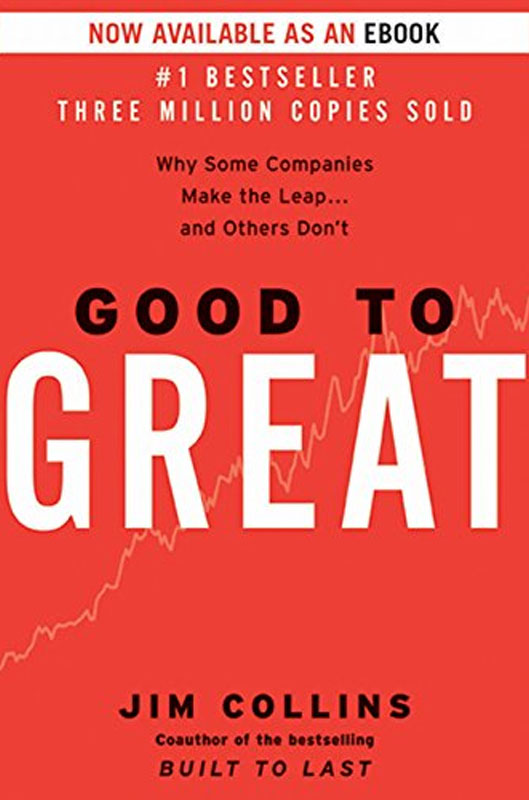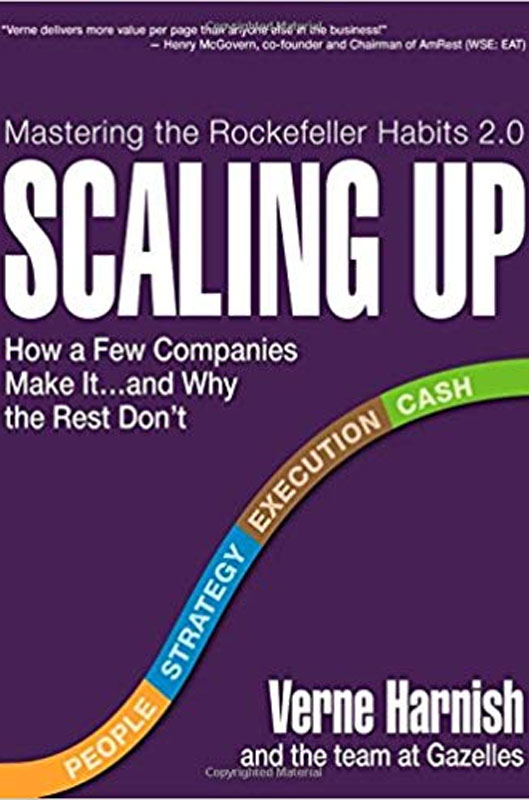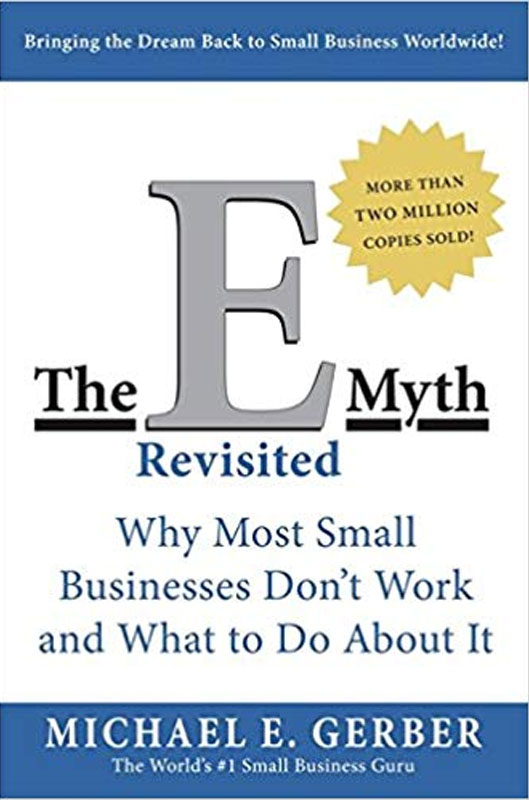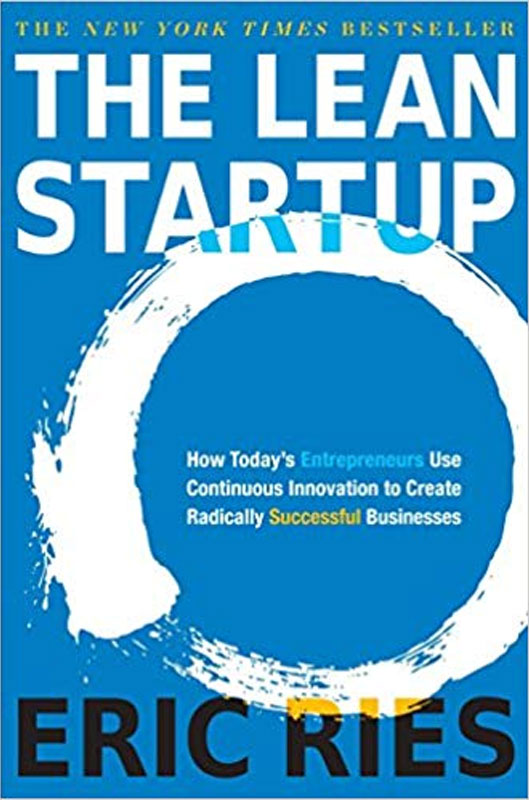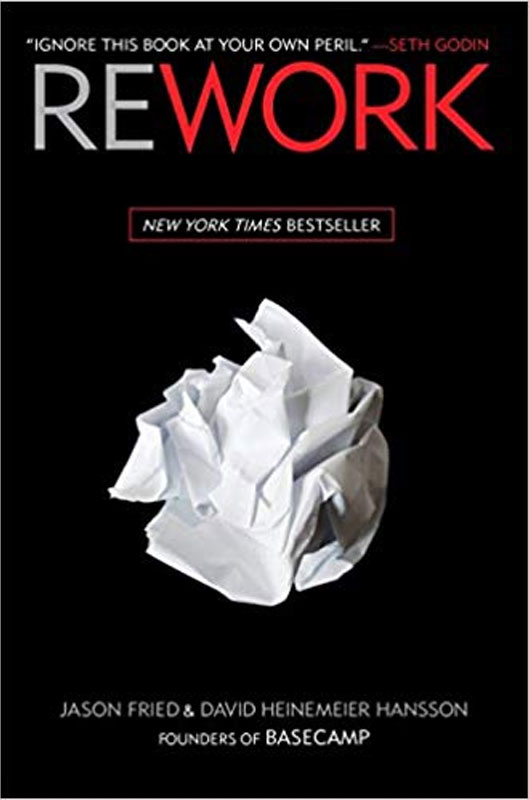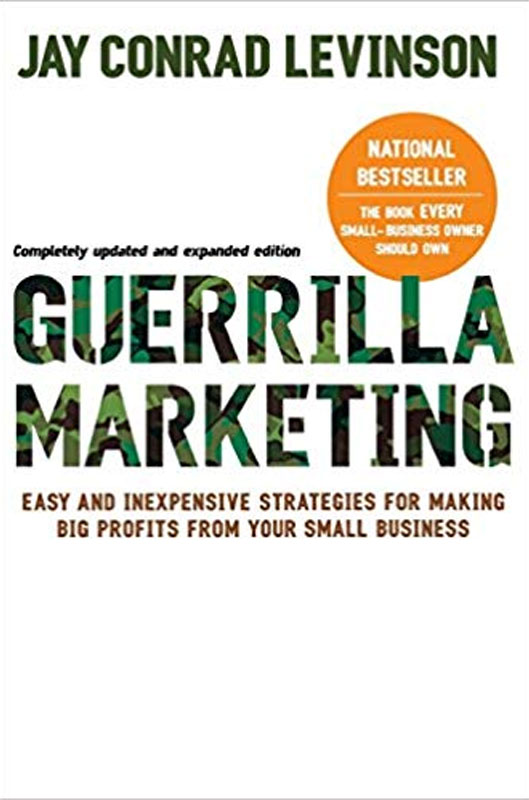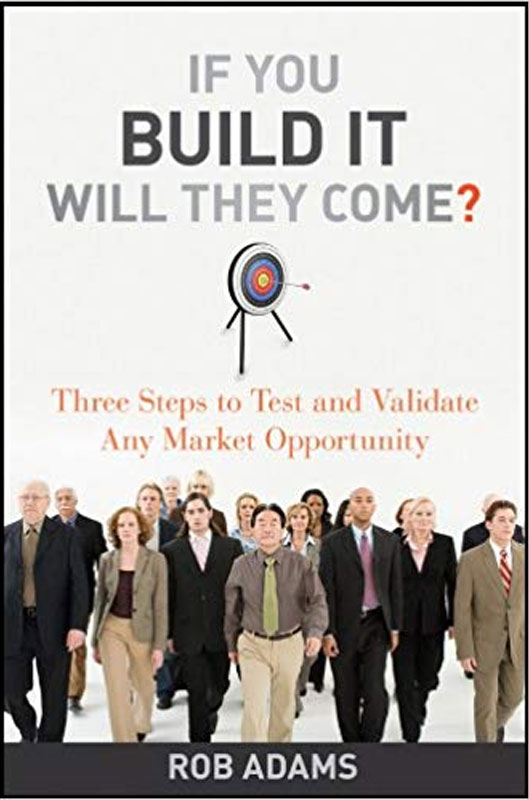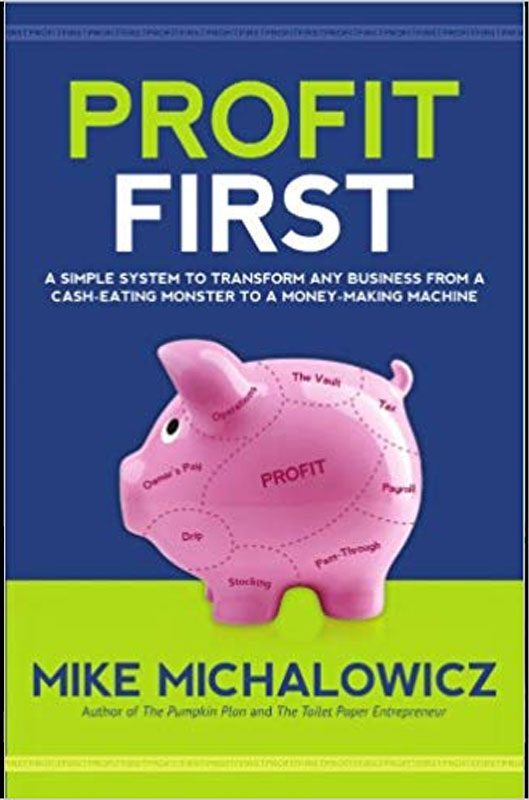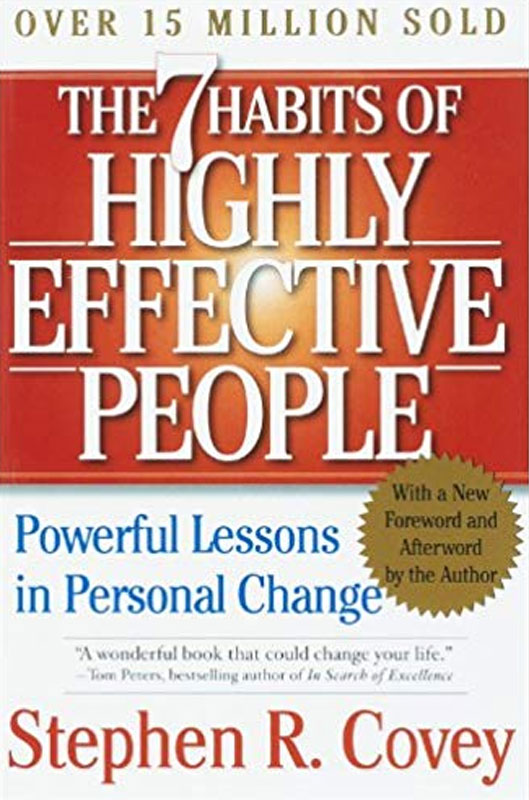“Screw It, Let’s Do It” is one of Richard’s favourite sayings. In the book of the same name he reveals the lessons that have helped him through his business and personal life, like believing it can be done and that if others disagree with you, try and try again until you achieve your goal; or that you must love what you do. These and other lessons, with examples of how he learned them and how he’s used them, are included in this stirring and candid look at his lessons from an exceptional life, which will inspire you to make a difference in your everyday life.
Book Summaries That Support Business Coaching
Here are some of the best business books, summarised in easy to read formats, that will supplement & support your business coaching:
Start with Why – Simon Sinek
Why are some people and organizations more innovative, more influential, and more profitable than others? Why do some command greater loyalty?
In studying the leaders who’ve had the greatest influence in the world, Simon Sinek discovered that they all think, act, and communicate in the exact same way-and it’s the complete opposite of what everyone else does. People like Martin Luther King Jr., Steve Jobs, and the Wright Brothers might have little in common, but they all started with why.
Drawing on a wide range of real-life stories, Sinek weaves together a clear vision of what it truly takes to lead and inspire.
Good to Great – Jim Collins
In his previous bestseller, Built to Last, Jim Collins explored what made great companies great and how they sustained that greatness over time.
One point kept nagging him, though — great companies have, for the most part, always been great, while a vast majority of good companies remain just that: good, but not great. What could merely good companies do to become great, to turn long-term weakness into long-term supremacy?
Collins and his team of researchers used strict benchmarks to identify a group of eleven elite companies that made the leap from good to great and sustained that greatness for at least fifteen years. The companies that made the list might surprise you as much as those left off (the likes of Intel, GE and Coca Cola are nowhere to be found).
The real surprise of Good to Great isn’t so much what good companies do to propel themselves to greatness — it’s why more companies haven’t done the same things more often.
Scaling Up – Verne Harnish
In this book, Verne Harnish focuses on a company’s growth stage and shows you the step-by-step process to successfully grow your business by 10 times.
To go from a small startup to a very profitable engine, he explains what you need to develop: 4 sets of habits and routines.
The Scaling Up book is like a detailed guidebook that walks you through various tools for each of these 4 foundations
The E-Myth Revisited – Michael E. Gerber
Favorite quote from the author: “If your business depends on you, you don’t own a business-you have a job. And it’s worst job in the world because you’re working for a lunatic!”
The E-Myth Revisited explains why 80% of small businesses fail, and how to ensure yours isn’t among those by building a company that’s based on systems and not on the work of a single individual.
He explains how running a business and getting technical work done are two different things and shows you how you can set up a company that depends much more on systems, than on people, and can basically be handed over to anyone with the right instructions.
The Lean Startup – Eric Ries
Most startups fail. But many of those failures are preventable. The Lean Startup is a new approach being adopted across the globe, changing the way companies are built and new products are launched.
The Lean Startup offers both entrepreneurs and wantrepreneurs a semi-scientific, real-world approach to building a business by using validation, finding a profitable business model and creating a growth engine.
Favorite quote from the author: “The only way to win is to learn faster than anyone else.”
ReWork – Jason Fried
Rework shows you a better, faster, easier way to succeed in business.
It explains you that you need less than you think to start a business – way less – by explaining why plans are actually harmful, how productivity isn’t a result from working long hours and why hiring and seeking investors should be your absolute last resort.
With its straightforward language and easy-is-better approach, Rework is the perfect playbook for anyone who’s ever dreamed of doing it on their own.
Guerrilla Marketing – Jay Conrad Levinson
When Guerrilla Marketing was first published in 1983, Jay Levinson revolutionized marketing strategies for the small-business owner with his take-no-prisoners approach to finding clients.
Based on hundreds of solid ideas that really work, Levinson’s philosophy has given birth to a new way of learning about market share and how to gain it. In this completely updated and expanded fourth edition, Levinson offers a new arsenal of weaponry for small-business success.
If You Build It Will They Come – Rob Adams
In If You Build It Will They Come, Rob Adams outlines a simple and effective market validation and testing strategy that is proven, giving entrepreneurs and managers the ability to dramatically improve the prospect of product success.
He explains how to quickly gather information on competitors, directly interview members of your target market, and figure out what the market really wants to buy, versus what customers say they want.
Profit First – Mike Michalowicz
You are about to discover the profoundly simple yet shockingly effective accounting plug-in that will transform your business from a cash eating monster into a money making machine.
In Profit First, Mike Michalowicz, explains why the GAAP accounting method is contrary to human nature, trapping entrepreneurs in the panic-driven cycle of operating check-to-check and reveals why this new method is the easiest and smartest way to ensure your business becomes (and permanently) profitable from your very next deposit forward.
The 7 Habits Of Highly Effective People – Stephen R. Covey
In The 7 Habits of Highly Effective People, author Stephen R. Covey presents a holistic, integrated, principle-centered approach for solving personal and professional problems.
With penetrating insights and pointed anecdotes, Covey reveals a step-by-step pathway for living with fairness, integrity, service, and human dignity–principles that give us the security to adapt to change and the wisdom and power to take advantage of the opportunities that change creates.

